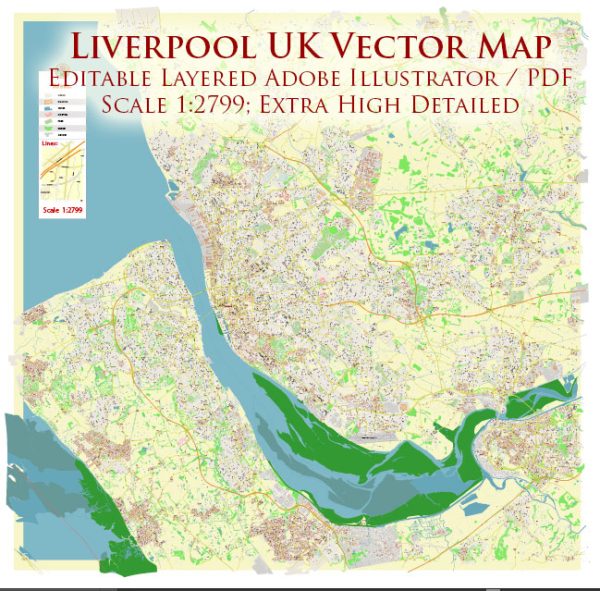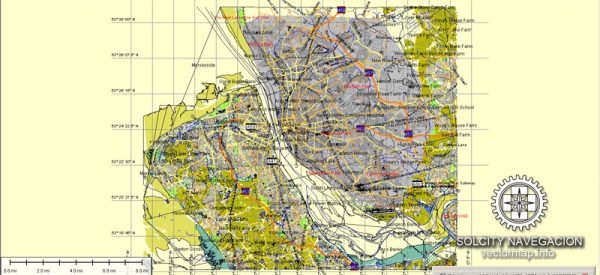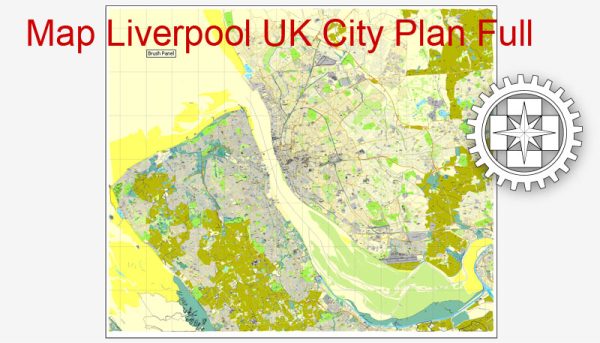Liverpool is a city in northwest England with a rich history and cultural significance. Please note that the information provided here might not reflect the latest developments, so it’s advisable to check more recent sources for the latest details.
Economy: Liverpool has a diverse economy that has evolved over the years. Traditionally known for its maritime and trade activities, the city has seen a shift towards service industries, including finance, education, healthcare, and tourism. The Albert Dock area, for example, has been revitalized and is now a major tourist attraction.
Employment: Liverpool has a diverse job market, with employment opportunities in various sectors. The service industry, including retail, tourism, and education, plays a significant role in the job market. The city is also home to several universities, contributing to the education and research sector.
Education: Liverpool is known for its universities, including the University of Liverpool, Liverpool John Moores University, and Liverpool Hope University. These institutions contribute to the city’s academic and research profile, attracting students from around the world.
Culture and Tourism: Liverpool has a rich cultural scene, with numerous museums, galleries, and theaters. The city is famous for being the birthplace of The Beatles, and attractions like The Beatles Story and the Cavern Club draw in many tourists. The Liverpool Maritime Mercantile City is a UNESCO World Heritage Site, reflecting the city’s historical significance.
Housing: Liverpool has a diverse range of housing options, from historic homes to modern apartments. The cost of living can vary depending on the neighborhood, with city center areas generally having higher living costs.
Transportation: The city has a well-developed transportation network, including buses, trains, and a metro system. Liverpool John Lennon Airport provides air travel options, and the port facilitates maritime transportation.
Challenges: Like many cities, Liverpool faces various social and economic challenges, including issues related to inequality, unemployment, and urban regeneration. Efforts have been made to address these challenges and revitalize certain areas of the city.
Regeneration Projects: Liverpool has undergone significant regeneration in recent years, with efforts to revitalize areas such as the waterfront and the Knowledge Quarter. These projects aim to attract investment, create jobs, and improve the overall quality of life for residents.




 Author: Kirill Shrayber, Ph.D. FRGS
Author: Kirill Shrayber, Ph.D. FRGS